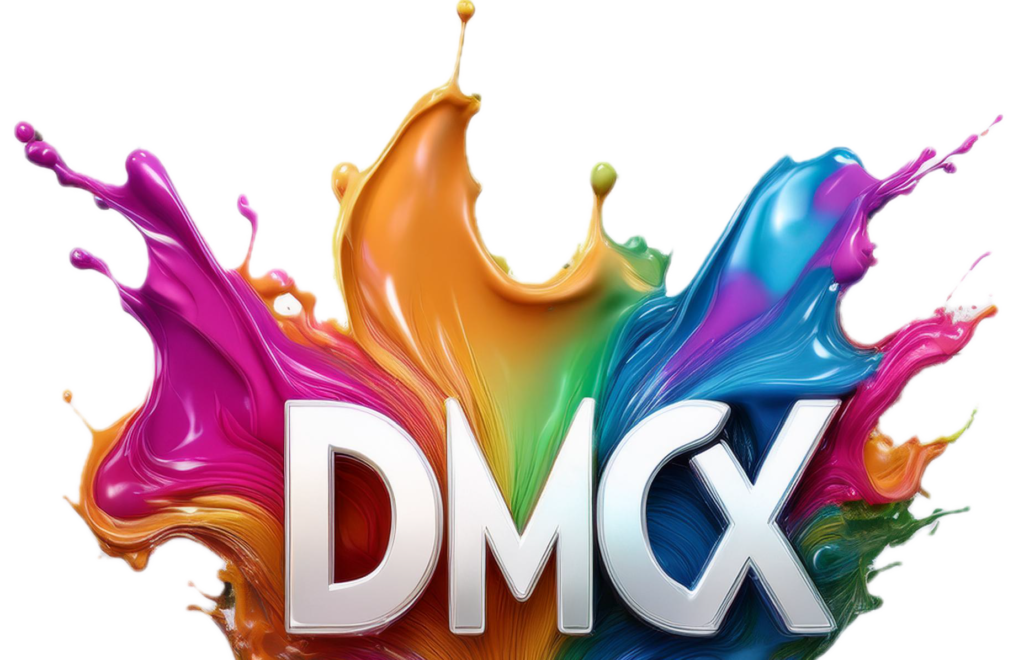Introduction
We continue the discussion by examining how fans and audiences interact with music through different formats, media and platforms. This final aspect will be the most mind-blowing: the synergistic roles of virtual reality and artificial intelligence.
The music industry is no stranger to innovation, but the convergence of virtual reality (VR) and artificial intelligence (AI) is heralding a new era in how we consume and distribute music globally. This article explores the profound impact of VR and AI on the music industry, showcasing their potential to transform the way we experience music. We will also consider the implications for traditional, live in-person shows.
Virtual Reality and AI: A Game-Changing Duo
Virtual Reality:
Virtual reality has the power to transport music enthusiasts to immersive, simulated worlds where they can experience music like never before. VR concerts, for instance, enable fans to attend live performances from the comfort of their own homes, offering an unparalleled level of presence and interactivity. Users don VR headsets and are instantly transported to a virtual venue where they can interact with fellow concert-goers, walk around the virtual space, and even view the performance from different angles.
Artificial Intelligence:
AI is transforming music consumption by providing personalized recommendations and experiences. AI-driven music platforms analyze user preferences, habits, and listening history to curate playlists and suggest new music tailored to individual tastes. AI can even generate music itself, creating original compositions or remixing existing tracks, catering to diverse musical palates.
The Virtual Concert Experience
To help you envision this groundbreaking change, consider this scenario: You put on your VR headset and find yourself in a bustling virtual concert venue. The crowd’s excitement is palpable as you engage in conversations with fellow avatars, just like you would at a physical concert. The lights dim, and the music begins. As your favorite artist takes the stage, you can move freely within the virtual space. You can choose to watch from the front row, experience the show from backstage, or even float above the crowd for a bird’s-eye view. The sensory experience is remarkably immersive, as the music pulses through your ears, and visual effects dazzle your eyes. Virtual reality has transformed a traditional concert into an interactive and truly unforgettable experience.
Pros and Cons of VR and AI
| Aspect | Pros | Cons |
|---|---|---|
| Virtual Reality Concerts | Immersive experiences, global access | Equipment costs, potential disconnection |
| AI-Powered Music Platforms | Personalized recommendations, variety | Privacy concerns, data security |
| Security | Reduced risk of physical harm | Cybersecurity risks |
| Impact on Live Shows | Complements traditional concerts | Potential competition, exclusivity |
Conclusion
The convergence of virtual reality and artificial intelligence redefines how we consume and distribute music globally. VR concerts offer a level of immersion and interaction previously unimaginable, while AI-driven platforms personalize music discovery and creation. These technologies are also ushering in new security challenges, and their impact on traditional live shows remains to be fully understood.
As we journey further into this exciting new frontier, the music industry is on the cusp of a transformation that promises to enrich the music experience for fans worldwide.
























